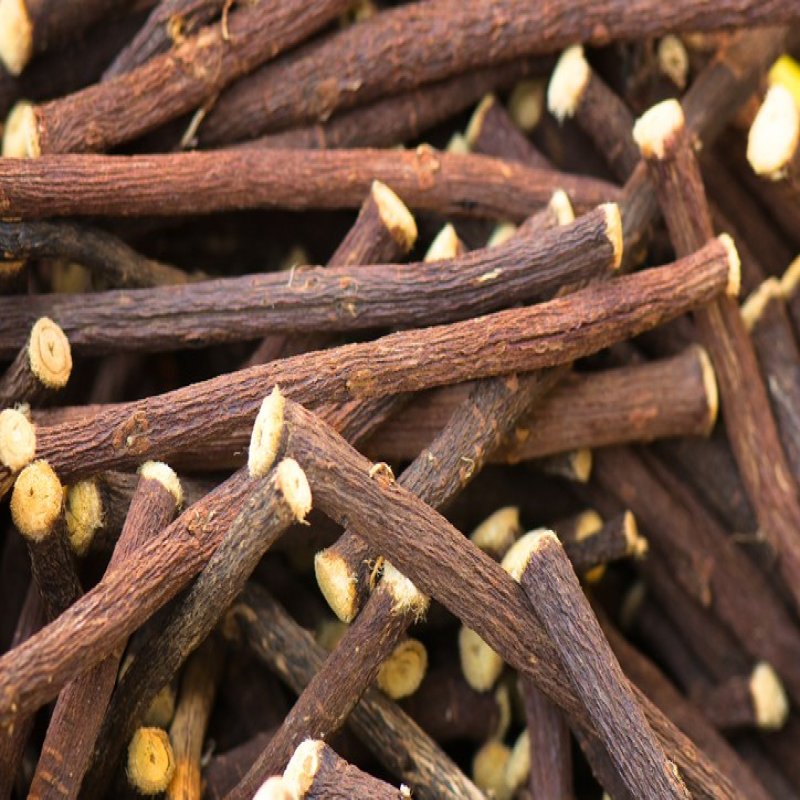
Liquorice, also known as Yashti Madhu or Mithi Lakdi, is a common sweet flavoring agent used in candies and beverages. It is a natural sweetener that offers several health benefits. For centuries, liquorice has been used as a medicine. In ancient Egypt, this was called the “cure for all” due to its use in the treatment of various maladies.
Read on to learn more about its health benefits!
The liquorice plant is an herbaceous perennial legume native to parts of Asia, such as India and southern Europe. Liquorice flavors are used as candies or sweeteners.
-Liquorice has been known since 360 A.D. It was found in the tomb of the Egyptian King, Tutankhamen
-Napoleon Bonaparte, the French emperor, used to consume so much Liquorice that his teeth turned black
-The root of Liquorice is 50 times sweeter than sugar
It is the root of the Glycyrrhiza glabra from which a sweet flavor can be extracted. Its botanical name comes from Greek words meaning “sweet root.” It is said that Dioscorides, the herbal physician, gave licorice to the troops of Alexander the Great to increase stamina and endurance.
Liquorice or Licorice is effective in treating various ailments such as heartburn, itching, swelling, redness in the skin, eczema, digestive problems, and other diseases.
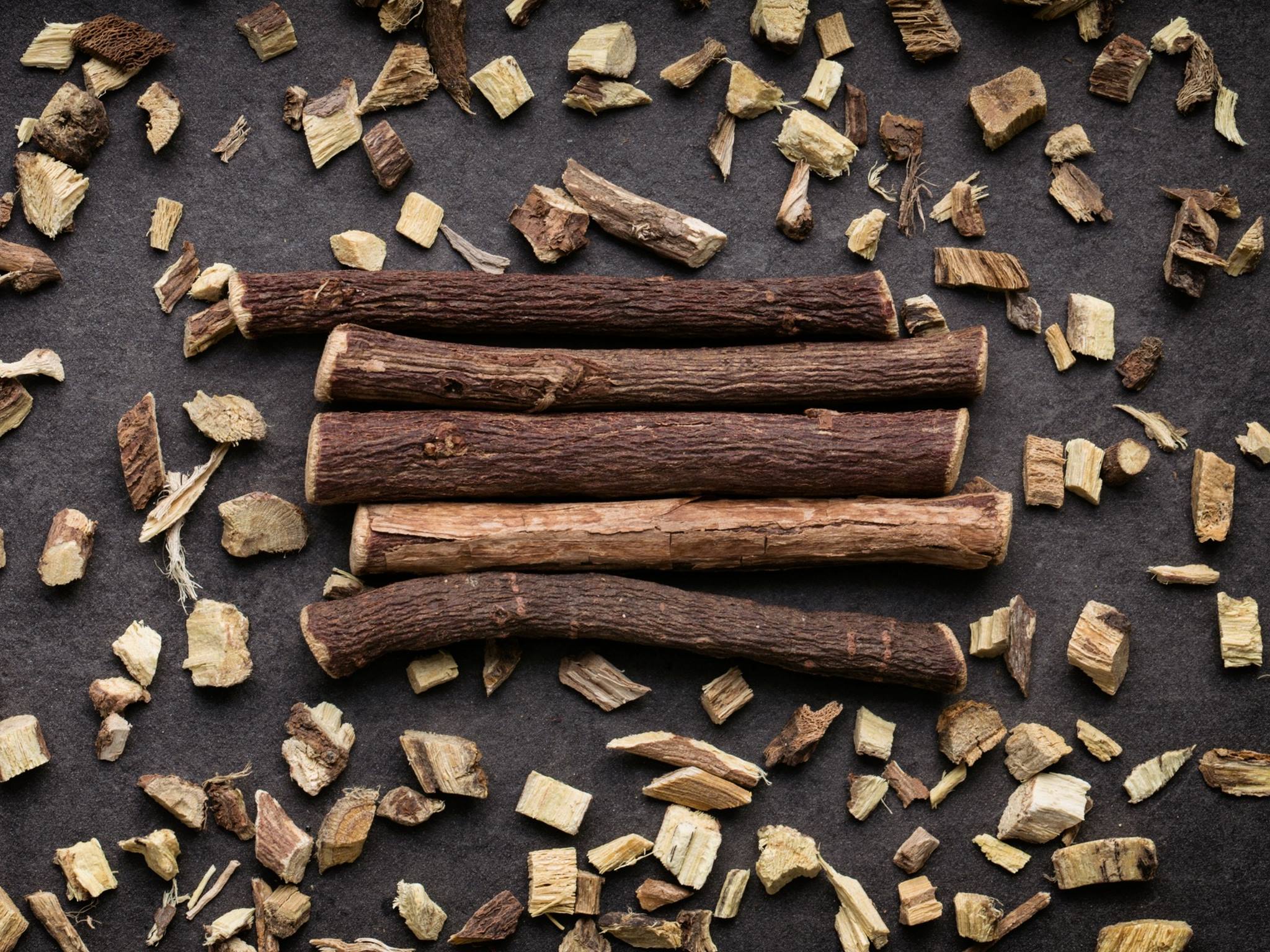
The Health Benefits of Liquorice
Assists Cancer Treatment
Some studies have suggested that liquorice root can potentially aid in the treatment of breast cancer and prostate cancer. Chinese medicines incorporate it into cancer treatment. Though there is no scientific basis for this claim, research is going on regarding the potential of liquorice in aiding cancer treatment.
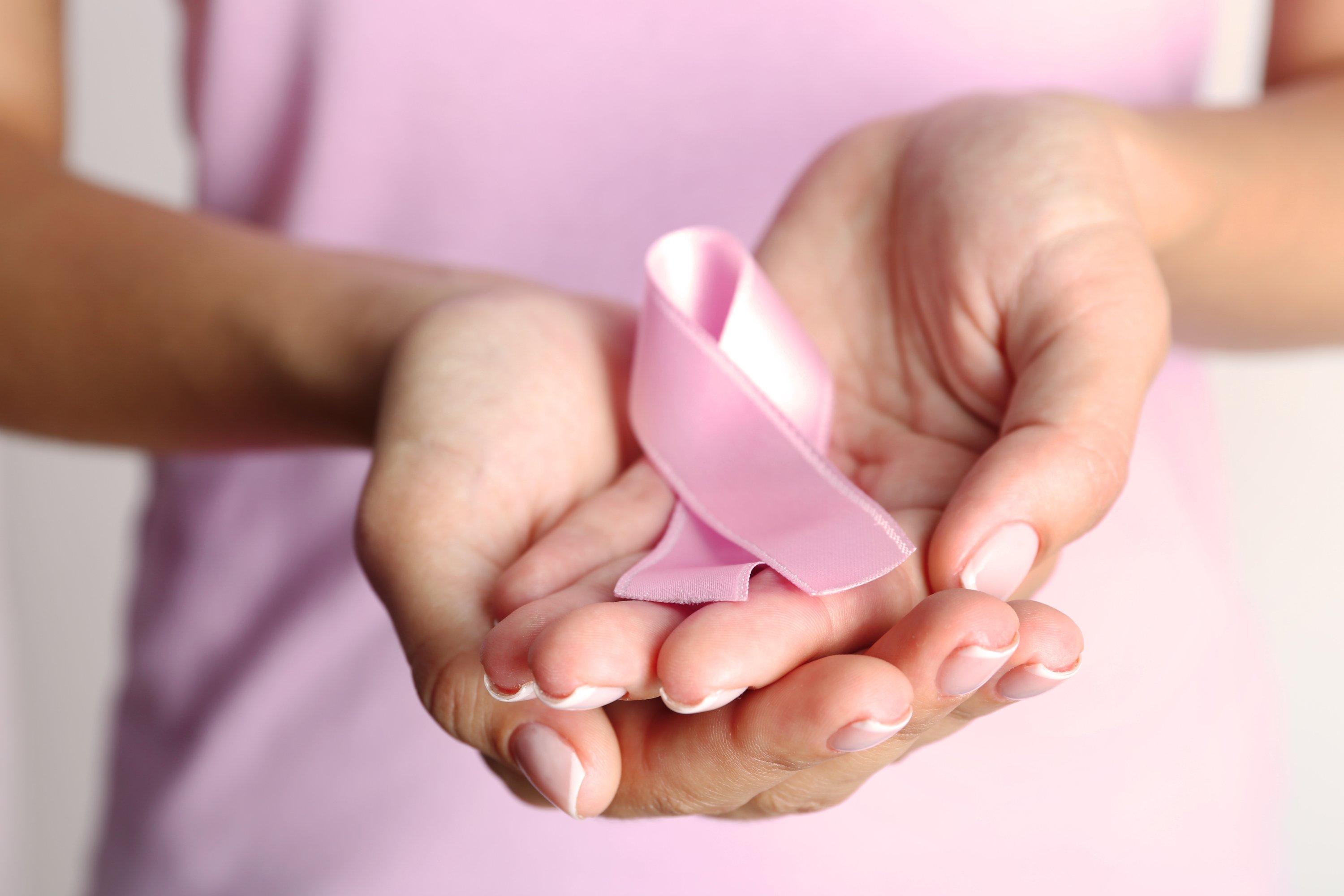
Soothes Stomach
Liquorice can help reduce the effects of food poisoning, stomach ulcers, heartburn, and acid reflux by repairing the stomach lining and restoring balance. This is due to the presence of glycyrrhizic acid, an anti-inflammatory agent, in liquorice. Glycyrrhizic acid suppresses the growth of the bacteria ‘H pylori’ that causes stomach ailments. Due to the diuretic and mild laxative properties of liquorice, it also helps with stomach bloating and water retention.

Cleanses Respiratory System
Liquorice can be used as a demulcent (relieves inflammation) and an expectorant (expels mucus from the throat and lungs). Liquorice can help the body produce healthy mucus, or phlegm, which keeps the respiratory system functioning and prevents the old sticky mucus from clogging it.
Reduces Stress
Cortisol is often called the “stress hormone,” which is responsible for regulating the body’s metabolism and is released by the body during stress. Over time, the adrenal gland gets exhausted due to the constant production of adrenaline and cortisol. Over time, the adrenal gland gets exhausted due to the constant production of adrenaline and cortisol. Liquorice root extract can stimulate the adrenal gland, which promotes a healthy level of cortisol in the body and reduces stress.
Protects Skin and Teeth
Topical gels containing liquorice are recommended for treating eczema, skin eruptions, and other skin ailments due to the presence of a chemical compound called glycyrrhizinic acid. Liquorice is used not only in dermatological treatments but also in curing toothaches due to its antibacterial properties.
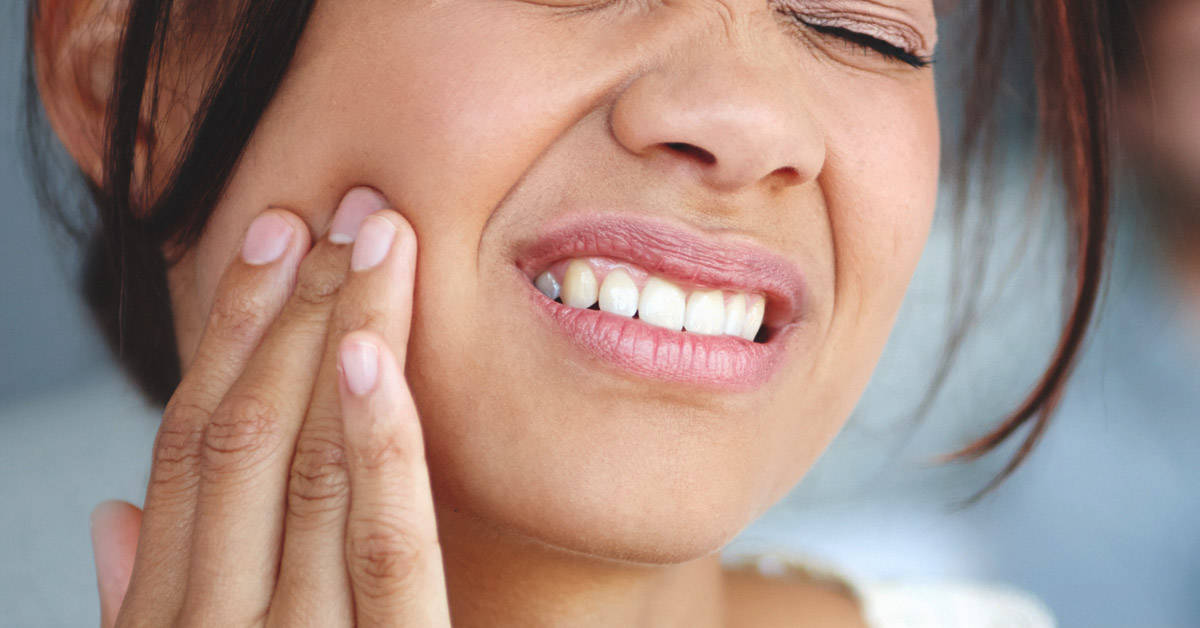
How to Use Liquorice?
Here are some ways in which you can use liquorice in your daily life.
- Drink tea with liquorice root to ease a sore throat.
- Liquorice can be consumed in tiny amounts to relieve stomach discomfort.
- Gels containing liquorice can be used to deal with skin problems such as acne and eczema.
- It can also be used to treat various hair conditions, like sun damage, dandruff, and split ends. Applying a mixture of liquorice root tea, henna, and amla powder to the scalp can do wonders for the hair.
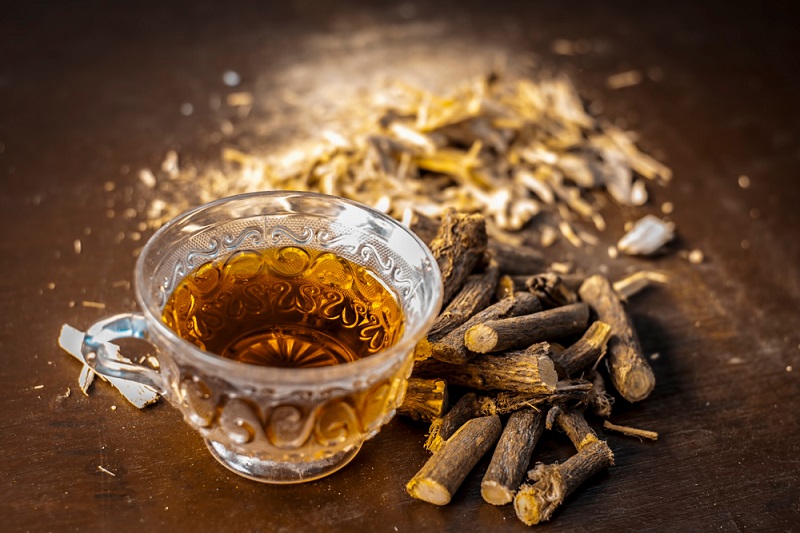
What are the Possible Side Effects?
The side effects of liquorice are as follows:
- Excessive consumption of liquorice root extract can lead to low levels of potassium in the body, which causes muscle weakness. This condition is called hypokalemia.
- According to some studies, too much liquorice root can cause metabolic abnormalities.
- Liquorice may also cause high blood pressure, swelling, and irregularity.
- Women who are pregnant or breastfeeding and people suffering from hypertension should avoid its consumption.
- Consumption of liquorice with grapefruit juice may lead to unwanted side effects.
- Chewing tobacco that is flavored with liquorice should be avoided, as it can raise blood pressure.
Conclusion
Liquorice, or Yashti Madhu, is a potent herb with centuries of medicinal use, offering numerous health benefits, including soothing the stomach, cleansing the respiratory system, reducing stress, and protecting skin and teeth. While it can be a natural remedy for many ailments, it’s essential to use liquorice in moderation due to potential side effects like high blood pressure and hypokalemia. Pregnant women, breastfeeding mothers, and those with hypertension should avoid its consumption. Incorporating liquorice into your routine can improve health, but always consult a healthcare professional before starting any herbal treatment.
Disclaimer: The information and other content provided in this blog, or in any linked materials, are not intended and should not be construed as medical advice, nor is the information a substitute for professional medical expertise or treatment. If you or any other person has a medical concern, you should consult with your healthcare provider.


.png)


